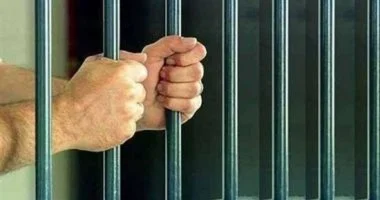It is also considered an aggravated penalty in cases of coercion. The legal treatment of children is characterized by specific provisions, as the commission of crimes by minors necessitates their prosecution under a special law, namely “Child Law,” Law No. 12 of 1996, which stipulates punishing any adult who incites a child to commit a crime by imposing a prison sentence.
Article 116 of this law states: “Without prejudice to the provisions of criminal complicity, any adult who incites a child to commit a misdemeanor, prepares them for it, assists them in it, or facilitates it by any means shall be punished. However, the penalty shall not exceed half of the maximum penalty prescribed for the crime in question.”
In the second paragraph, it clarifies that the penalty will be imprisonment for a term of not less than six months if the offender employs coercive or threatening means against the child, or if the offender is a relative of the child, responsible for their upbringing, or if the child is under their legal guardianship, or if the offender is an employee of any of the aforementioned.
In all cases, if the crime is committed against more than one child, even if at different times, the penalty will be imprisonment for not less than one year and not more than seven years. Any adult who incites a child to commit a felony, prepares them for it, or assists them in it, shall be punished with the penalty prescribed for the attempted commission of the incited crime if they do not achieve that goal.

